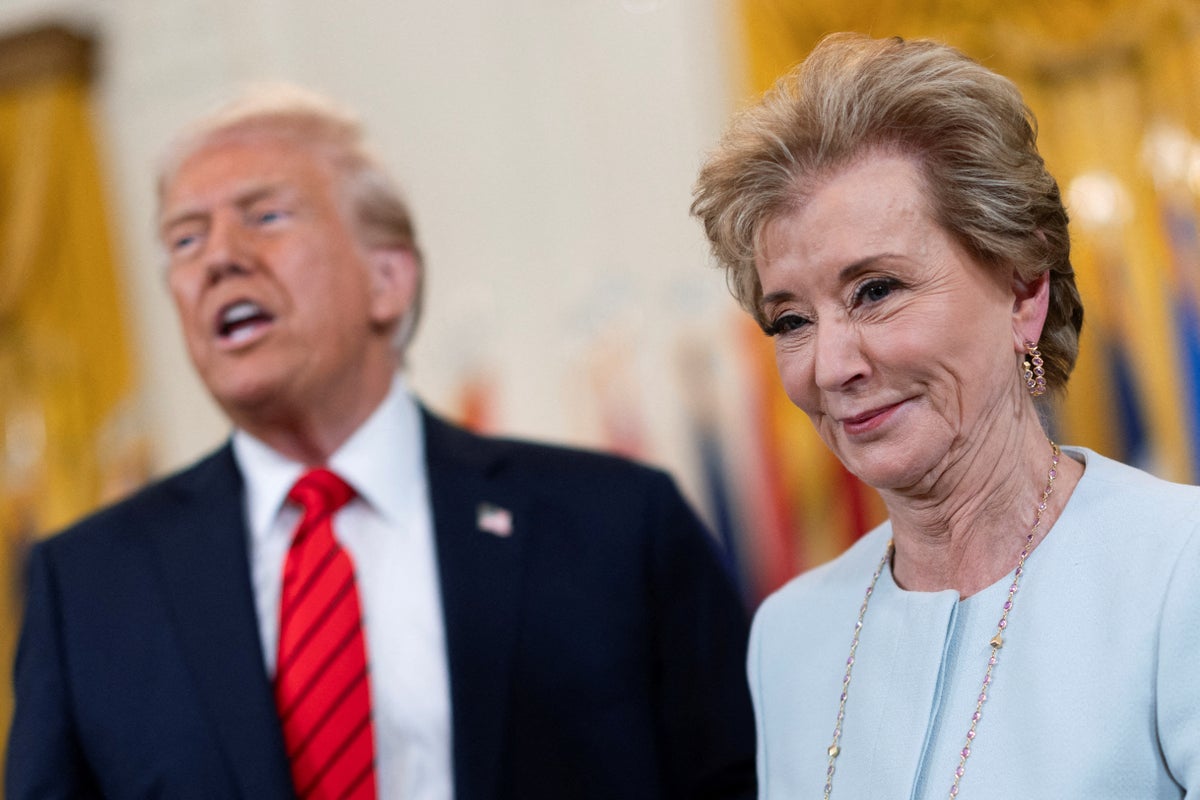This article is written by a student writer from the Her Campus at Texas chapter and does not reflect the views of Her Campus.
On August 25th, Trump issued his attempt to fire Federal Reserve (Fed) Governor Lisa Cook, accusing her of committing mortgage fraud. In response, Cook sued Trump to block her removal, which was granted by a federal appeals court panel that ruled that Trump cannot terminate Cook while her lawsuit is pending. That decision was appealed by Trump to the Supreme Court, which allowed Cook to remain in her position until the Court hears oral arguments in January. In the meantime, Cook has denied the allegations and has not, at this time, been charged with a crime. The attempt took place right before the September meeting of the Fed’s interest rate-setting committee, which sets interest rates for the country. One of the Trump administration’s goals has been to drastically decrease interest rates, and firing Cook would allow Trump to appoint a fourth member to the Fed’s governing board, giving his nominees a majority on the decision.
The Fed “sets the stance of monetary policy to influence short-term interest rates and overall financial conditions with the aim of moving the economy toward maximum employment and stable prices,” affecting the costs we all see in our everyday lives. The Fed is designed to be independent from Congress and politics in general. This is because elected politicians tend to favor immediately lower interest rates to boost the economy, but this comes at the expense of higher future inflation, which is not in the best interests of the overall economy. If the Fed were interconnected with policymakers, it would be increasingly subjected to political influence, which would overall harm the population. This is why the Board of Governors of the Fed is nominated by the President and confirmed by the Senate, serving full terms of 14 years to facilitate long-term economic goals. Cook herself was appointed in 2022 by Joe Biden to fill an unexpired term, but was reappointed to the Board in 2023 for a term set to end in 2038. Fed governors may only be removed by the president “for cause,” and no president has fired a sitting Fed governor in its 112-year history.
What exactly, though, has Cook done to allow the President to fire her “for cause?” The short answer is nothing. Trump alleges that Cook falsified records to obtain favorable mortgage terms before she was initiated into the Fed. Trump’s lawyers have argued that despite the alleged conduct occurring before her time as governor, it “indisputably calls into question Cook’s trustworthiness and whether she can be a responsible steward of the interest rates and economy.” Solicitor General Sauer further wrote in his Supreme Court filing that “Put simply, the President may reasonably determine that interest rates paid by the American people should not be set by a Governor who appears to have lied about facts material to the interest rates she secured for herself — and refuses to explain the apparent misrepresentations.”
However, all of the claims made by the Trump administration have been unfounded, and early evidence points to Cook’s innocence. According to documents obtained by the Associated Press, Cook did specify on her loan that her Atlanta condo would be a “vacation home,” and in a security clearance form described it as a “2nd home,” both of which undermine Trump’s claims. Cook’s lawyers have labeled the allegations “unproven” and “flimsy.” Every living former Fed chair joined former Treasury secretaries nominated by both parties to tell the justices that Cook should be allowed to stay on the job while her case was being reviewed to ensure “stability of the system that governs monetary policy in this country.” Cook’s legal team and other former Fed and Treasury officials warned that a premature firing would spur economic turmoil and undermine public confidence.
The Trump administration’s campaign to unseat and fire Cook has marked a significant and unprecedented attempt to reshape the Fed, which has always been designed to be independent from such politics. Paving the way for short-sighted, politically-motivated economic policy would make higher inflation, market instability, and higher borrowing costs significantly more likely—the exact inverse of the goals Trump claims he has. While the case will not be heard until January, it is essential that we, as consumers, understand the massive implications it will have for the very institution that determines our financial lives.

.jpeg)



































 English (US) ·
English (US) ·